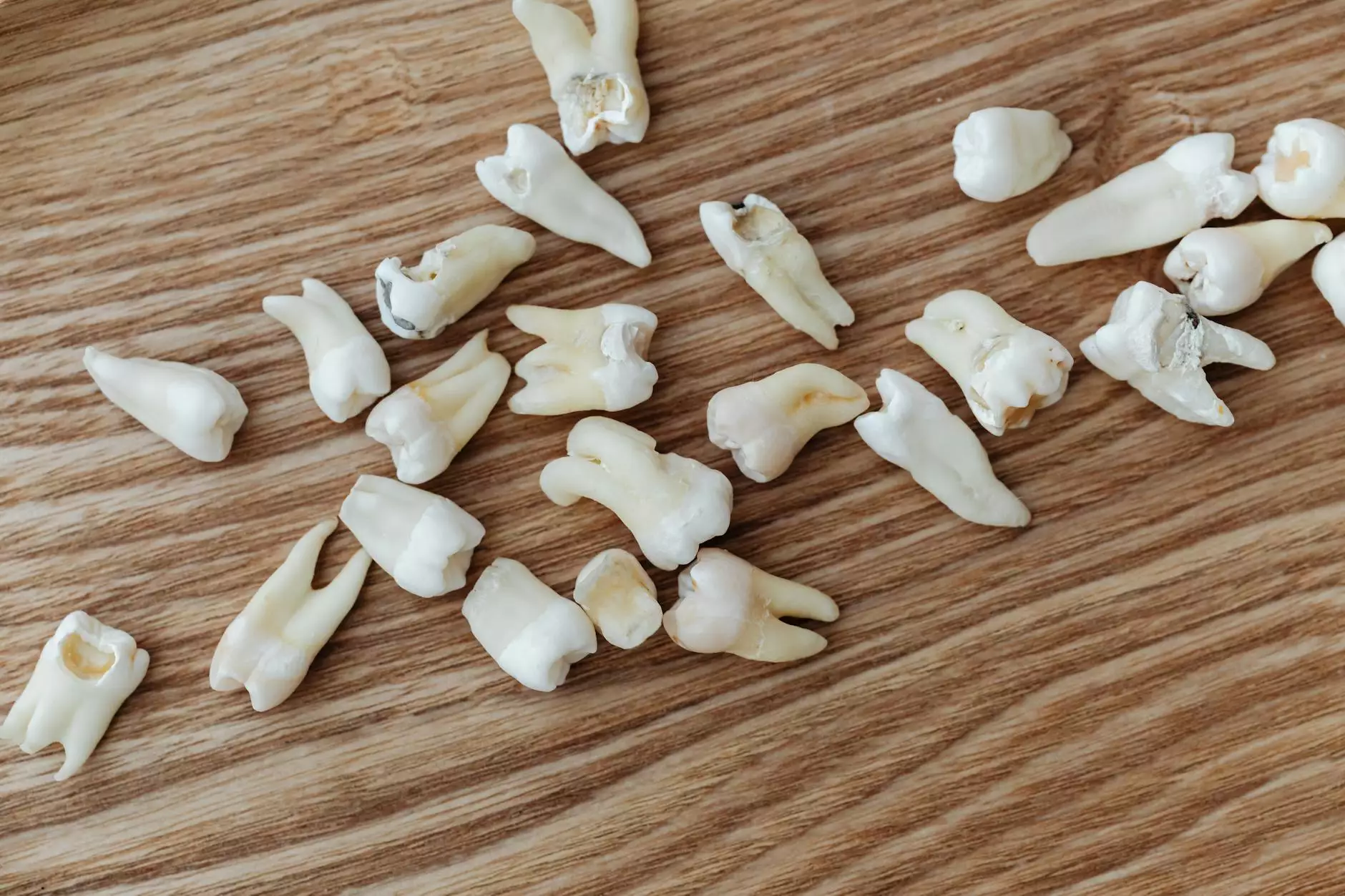The Importance of Lung CT Scans in Healthcare: A Comprehensive Guide

In the realm of healthcare, the early detection and accurate diagnosis of respiratory conditions are paramount. Among the various diagnostic tools available, the lung CT scan stands out for its ability to provide detailed images of the lungs, enabling physicians to identify potential issues with high precision. This article delves into the significance of lung CT scans, their benefits, and their applications in various medical contexts.
What is a Lung CT Scan?
A lung CT scan, or computed tomography scan, is an advanced imaging technique that uses X-rays and computer technology to create cross-sectional images of the lungs. These images allow for a comprehensive view of the lung structure and are crucial in diagnosing a variety of conditions.
How Does a Lung CT Scan Work?
The procedure involves a patient lying on a table that moves through a large, doughnut-shaped machine. During the scan, the machine takes multiple X-ray images from different angles, which a computer then processes to create detailed images of the lungs and surrounding tissues. The entire process typically takes only a few minutes.
Why are Lung CT Scans Important?
Lung CT scans play a crucial role in the diagnosis and management of respiratory conditions. Here are some of the primary reasons why lung CT scans are indispensable in modern healthcare:
- Early Detection of Lung Diseases: Lung CT scans can detect early signs of lung diseases such as cancer, emphysema, and pneumonia, often before symptoms appear.
- Detailed Imaging: Unlike traditional X-rays, lung CT scans provide highly detailed images, aiding in the accurate diagnosis of complex conditions.
- Assessment of Lung Nodules: CT scans are commonly used to monitor lung nodules for changes in size or appearance, which can be indicative of malignancies.
- Guidance for Treatment Plans: The detailed images obtained can assist healthcare providers in formulating effective treatment plans tailored to each patient's needs.
- Monitoring Progress: Lung CT scans can be utilized to monitor the effectiveness of treatments by comparing scans over time.
Common Conditions Diagnosed with Lung CT Scans
Healthcare professionals frequently use lung CT scans to diagnose and monitor a variety of respiratory conditions, including:
Lung Cancer
Lung cancer is one of the leading causes of cancer-related deaths globally. Early detection through a lung CT scan can significantly improve treatment outcomes. The scan helps in identifying tumors at an earlier stage, allowing for timely intervention.
Pneumonia
Pneumonia can be challenging to diagnose, especially in its early stages. A lung CT scan can help identify the extent of infection and any associated complications, providing critical information for effective treatment.
Chronic Obstructive Pulmonary Disease (COPD)
COPD, which includes chronic bronchitis and emphysema, can be diagnosed and assessed using lung CT scans. The imaging can reveal the structural changes in the lungs that characterize COPD.
Interstitial Lung Disease (ILD)
ILD encompasses a range of conditions that cause scarring of the lung tissue. Lung CT scans are crucial for identifying the pattern of lung involvement, which can help distinguish between different types of ILDs.
Benefits of Lung CT Scans
The benefits of undergoing a lung CT scan are extensive, including:
- High Sensitivity: Lung CT scans have a high sensitivity for detecting subtle changes in lung tissue that may not be visible in X-rays.
- Rapid Procedure: The entire process is quick, often lasting less than 10 minutes, making it convenient for patients.
- Comprehensive Diagnosis: CT scans provide multi-dimensional views, allowing healthcare providers to visualize tumors, infections, and other abnormalities from various angles.
- Non-invasive: The procedure is non-invasive and generally safe, with minimal discomfort for the patient.
- Guidance for Further Testing: Findings from a lung CT scan can lead to specific follow-up tests or procedures, such as biopsies if necessary.
Preparing for a Lung CT Scan
Preparation for a lung CT scan is typically straightforward. Patients may be instructed to:
- Avoid Eating: Depending on the institution's protocols, patients may be advised to avoid eating for a few hours before the scan.
- Wear Comfortable Clothing: Patients should wear loose-fitting clothing and may need to change into a hospital gown for the scan.
- Inform the Technologist: It's essential to inform the technologist about any allergies, especially to contrast materials, and any medications currently being taken.
Understanding the Risks of Lung CT Scans
While lung CT scans are generally considered safe, they do involve exposure to a small amount of radiation. However, the benefits of diagnosing potentially life-threatening conditions far outweigh the risks. Healthcare professionals will evaluate the necessity of the scan against its risks, especially for patients requiring repeated imaging.
What Happens After a Lung CT Scan?
After undergoing a lung CT scan, patients can typically resume their normal activities immediately. The results are usually reviewed by a radiologist, who will compile a report that is shared with the ordering physician. Patients can expect to receive their results within a few days, at which point further discussions regarding treatment or necessary follow-ups will occur.
Conclusion
The significance of lung CT scans in the diagnosis and management of respiratory diseases cannot be overstated. From early detection of lung cancer to monitoring chronic conditions, these scans provide critical insights that shape treatment decisions and patient care. With advancements in imaging technology, lung CT scans have become an integral part of modern healthcare, helping patients achieve better health outcomes.
If you are considering a lung CT scan or have been advised to undergo one, consult with your healthcare provider to discuss its relevance to your health. It's a significant step towards understanding your respiratory health and ensuring timely intervention when necessary.
Contact Us
For more information about health services, including lung CT scans, visit Hello Physio. Our team is ready to assist you with any inquiries and help guide you through your healthcare journey.







